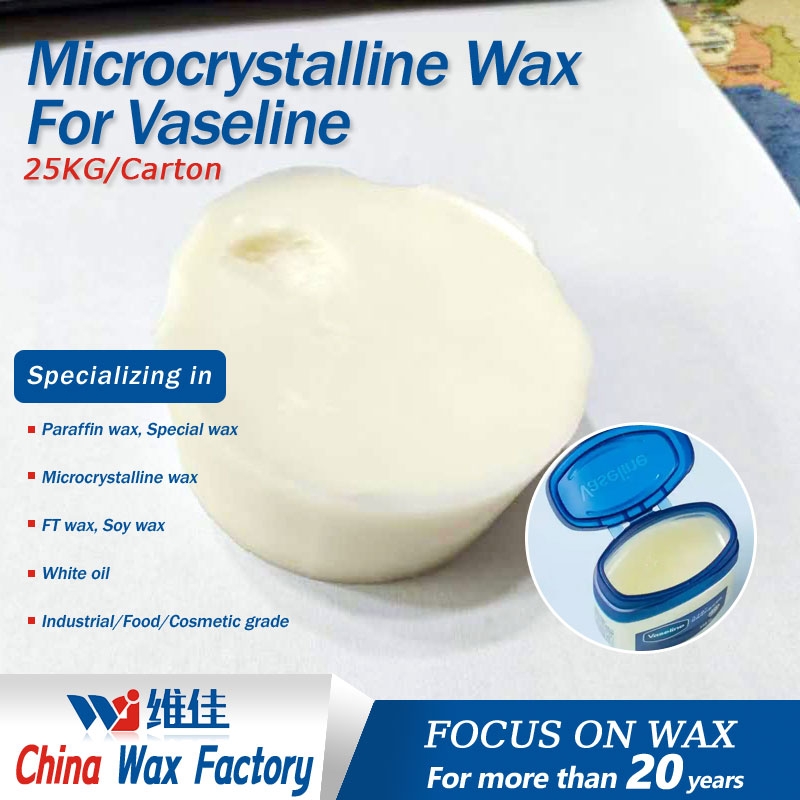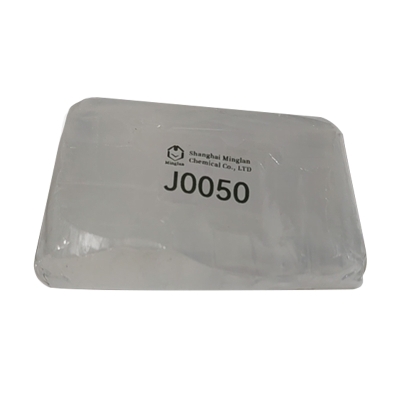-
Categories
-
Pharmaceutical Intermediates
-
Active Pharmaceutical Ingredients
-
Food Additives
- Industrial Coatings
- Agrochemicals
- Dyes and Pigments
- Surfactant
- Flavors and Fragrances
- Chemical Reagents
- Catalyst and Auxiliary
- Natural Products
- Inorganic Chemistry
-
Organic Chemistry
-
Biochemical Engineering
- Analytical Chemistry
-
Cosmetic Ingredient
- Water Treatment Chemical
-
Pharmaceutical Intermediates
Promotion
ECHEMI Mall
Wholesale
Weekly Price
Exhibition
News
-
Trade Service
According to a report from Electric Power News on May 28, 2021, the German Ministry of Energy stated on May 28 that Germany has listed 62 hydrogen production and infrastructure projects as important European projects of common interest (IPCEI).
IPCEI's status will eliminate potential conflicts with EU state aid regulations and clear the way for 8 billion euros (9.
These 62 projects were selected from 230 proposals, and the projects cover the entire value chain from electrolyzers to pipelines.
German Energy Minister Peter Altmaier said: "These projects—especially those in the steel and chemical industries—will avoid millions of tons of carbon dioxide.
The German Ministry of Energy has selected 50 projects.
The German Ministry of Transport has also selected another 12 projects in the mobile sector for the development and production of fuel cell systems and vehicles, as well as fuel oil filling infrastructure.
TÜV Rheinland Group stated that the electrolyzer capacity of the three projects that the company participated in exceeded 400 MW, namely the electrolyzer in Lingen (300 MW), the electrolyzer in Rostock (100 MW) and the offshore Herri Electrolyzer on Golan Island (28 MW).
Li Jun compiled from Electric Power News
The original text is as follows:
Germany shortlists 62 hydrogen projects with 2 GW capacity for IPCEI state aid
Germany has shortlisted 62 hydrogen production and infrastructure projects as Important Projects of Common European Interest (IPCEI), the energy ministry said May 28.
IPCEI status would remove potential conflicts with EU state-aid rules, clearing the way for Eur8 billion ($9.
The projects were selected from 230 proposals, covering the whole value chain from electrolyzers to pipelines.
"We have taken a big step on the way to climate neutrality for our economy with several million tons of CO2 to be saved by these projects especially in the steel and chemical industry," Energy Minister Peter Altmaier said.
The energy ministry has selected 50 projects including electrolyzer projects with a combined capacity of over 2 GW, and hydrogen pipelines with a length of 1,700 km.
The transport ministry selected a further 12 projects in the mobility sector for development and production of fuel cell systems and vehicles as well as refueling infrastructure.
RWE said three projects it is involved in were shortlisted with over 400 MW electrolyzer capacity proposed at Lingen (300 MW), Rostock (100 MW) and offshore Heligoland (28 MW).







